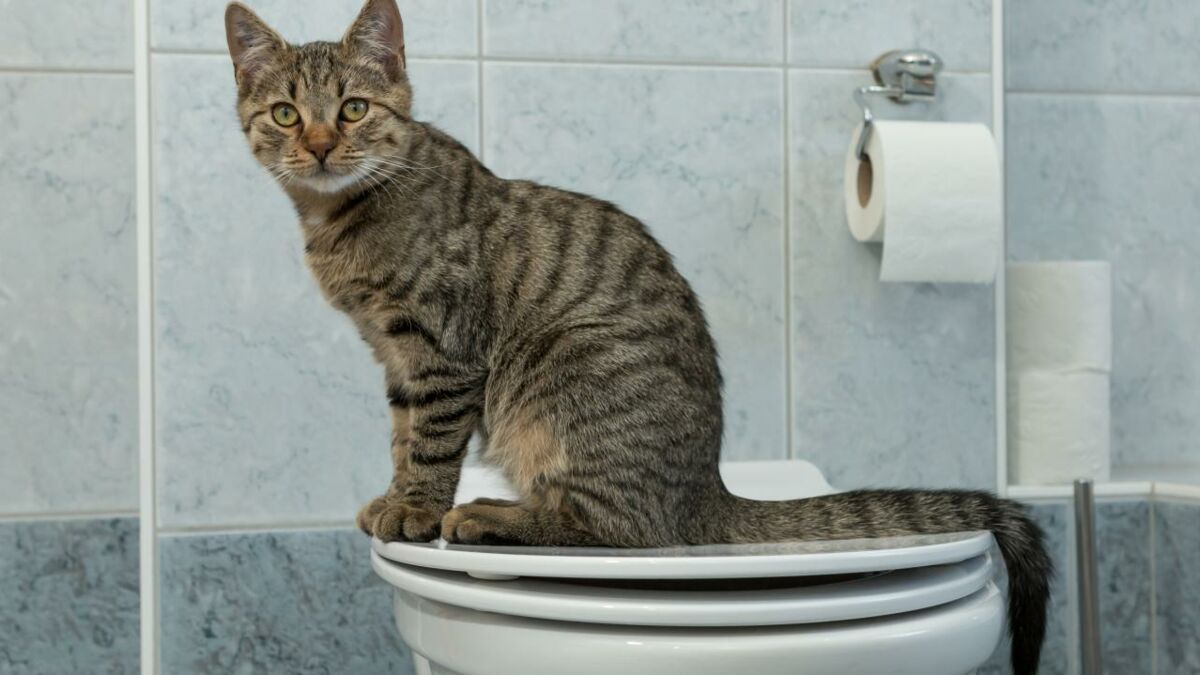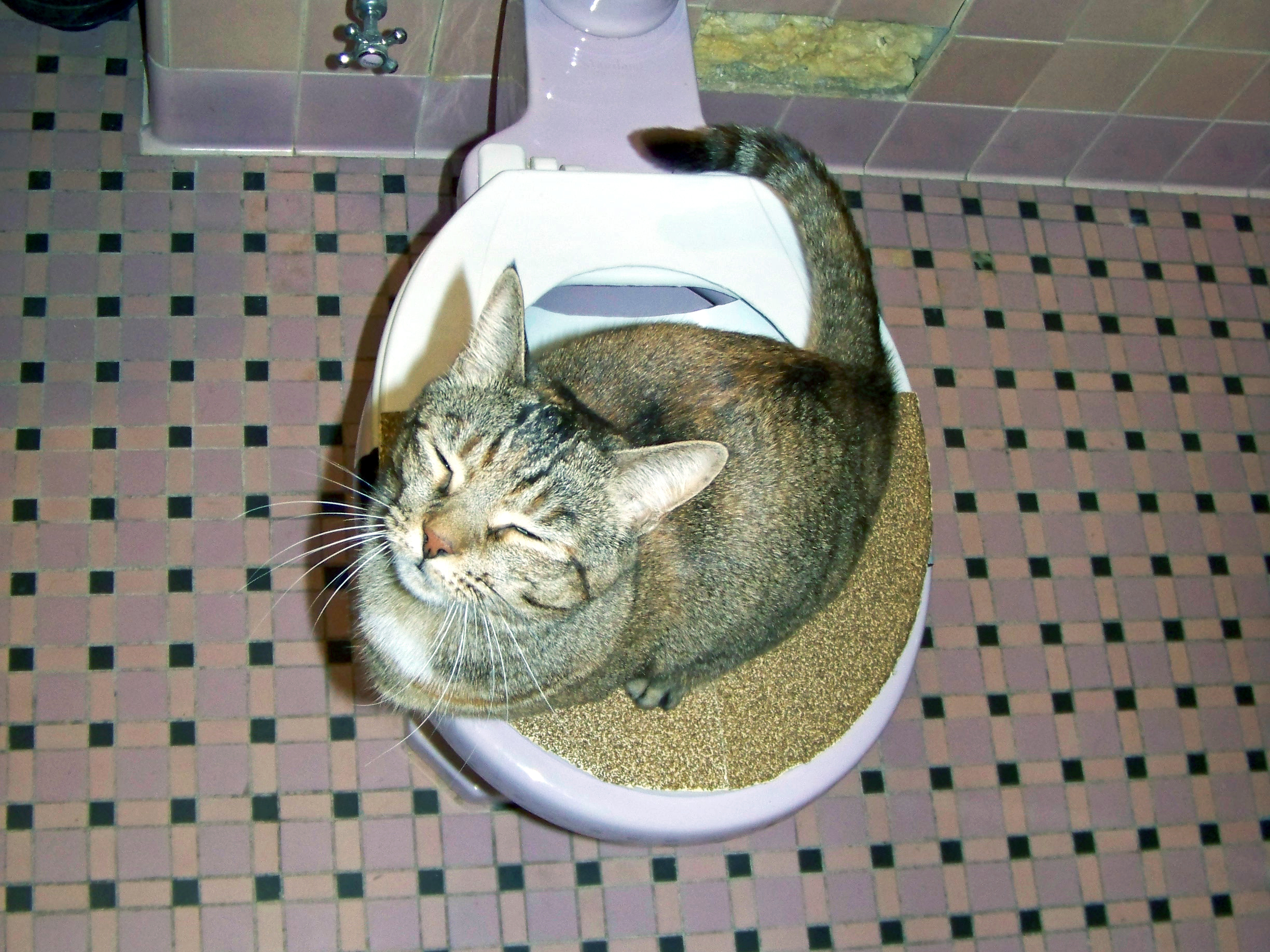Never Flush Cat Poop Down Your Toilet - Safeguard Your Plumbing Infrastructure
Never Flush Cat Poop Down Your Toilet - Safeguard Your Plumbing Infrastructure
Blog Article
They are making a few good pointers on the subject of How to Dispose of Cat Poop and Litter Without Plastic Bags overall in the article further down.

Intro
As pet cat proprietors, it's vital to bear in mind exactly how we deal with our feline friends' waste. While it might seem practical to purge pet cat poop down the bathroom, this method can have destructive effects for both the environment and human health.
Ecological Impact
Flushing cat poop introduces hazardous virus and parasites into the water system, positioning a considerable risk to marine ecological communities. These impurities can negatively impact marine life and concession water top quality.
Health and wellness Risks
Along with ecological problems, purging cat waste can likewise posture health risks to humans. Pet cat feces may consist of Toxoplasma gondii, a bloodsucker that can trigger toxoplasmosis-- a possibly severe disease, especially for expectant females and people with weakened immune systems.
Alternatives to Flushing
Thankfully, there are much safer and a lot more liable methods to throw away feline poop. Consider the following options:
1. Scoop and Dispose in Trash
The most typical method of dealing with cat poop is to scoop it right into a biodegradable bag and throw it in the garbage. Make certain to use a dedicated litter inside story and take care of the waste without delay.
2. Use Biodegradable Litter
Choose eco-friendly pet cat trash made from products such as corn or wheat. These clutters are eco-friendly and can be safely taken care of in the trash.
3. Hide in the Yard
If you have a yard, take into consideration hiding pet cat waste in a marked area far from vegetable gardens and water sources. Make certain to dig deep adequate to stop contamination of groundwater.
4. Set Up a Pet Waste Disposal System
Purchase a pet waste disposal system especially designed for feline waste. These systems use enzymes to break down the waste, reducing smell and environmental effect.
Conclusion
Accountable pet ownership expands past offering food and sanctuary-- it also entails correct waste monitoring. By avoiding purging feline poop down the bathroom and going with different disposal techniques, we can minimize our ecological impact and safeguard human health.
Why You Should Never Flush Cat Poop Down the Toilet
A rose by any other name might smell as sweet, but not all poop is created equal. Toilets, and our sewage systems, are designed for human excrement, not animal waste. It might seem like it couldn’t hurt to toss cat feces into the loo, but it’s not a good idea to flush cat poop in the toilet.
First and foremost, assuming your cat uses a litter box, any waste is going to have litter on it. And even the smallest amount of litter can wreak havoc on plumbing.
Over time, small amounts build up, filling up your septic system. Most litter sold today is clumping; it is made from a type of clay that hardens when it gets wet. Ever tried to scrape old clumps from the bottom of a litter box? You know just how cement-hard it can get!
Now imagine just a small clump of that stuck in your pipes. A simple de-clogger like Drano isn’t going to cut it. And that means it’s going to cost you big time to fix it.
Parasitic Contamination
Believe it or not, your healthy kitty may be harboring a nasty parasite. Only cats excrete Toxoplasma in their feces. Yet it rarely causes serious health issues in the cats that are infected. Most people will be fine too if infected. Only pregnant women and people with compromised immune systems are at risk. (If you’ve ever heard how women who are expecting are excused from litter cleaning duty, Toxoplasma is why.)
But other animals may have a problem if infected with the parasite. And human water treatment systems aren’t designed to handle it. As a result, the systems don’t remove the parasite before discharging wastewater into local waterways. Fish, shellfish, and other marine life — otters in particular — are susceptible to toxoplasma. If exposed, most will end up with brain damage and many will die.
Depending on the species of fish, they may end up on someone’s fish hook and, ultimately on someone’s dinner plate. If that someone has a chronic illness, they’re at risk.
Skip the Toilet Training
We know there are folks out there who like to toilet train their cats. And we give them props, it takes a lot of work. But thanks to the toxoplasma, it’s not a good idea.

As an enthusiastic person who reads about How to Dispose of Cat Poop and Litter Without Plastic Bags, I thought sharing that blog post was a good idea. Kindly take the opportunity to share this page if you appreciated it. Many thanks for taking the time to read it.
Book-Now Report this page